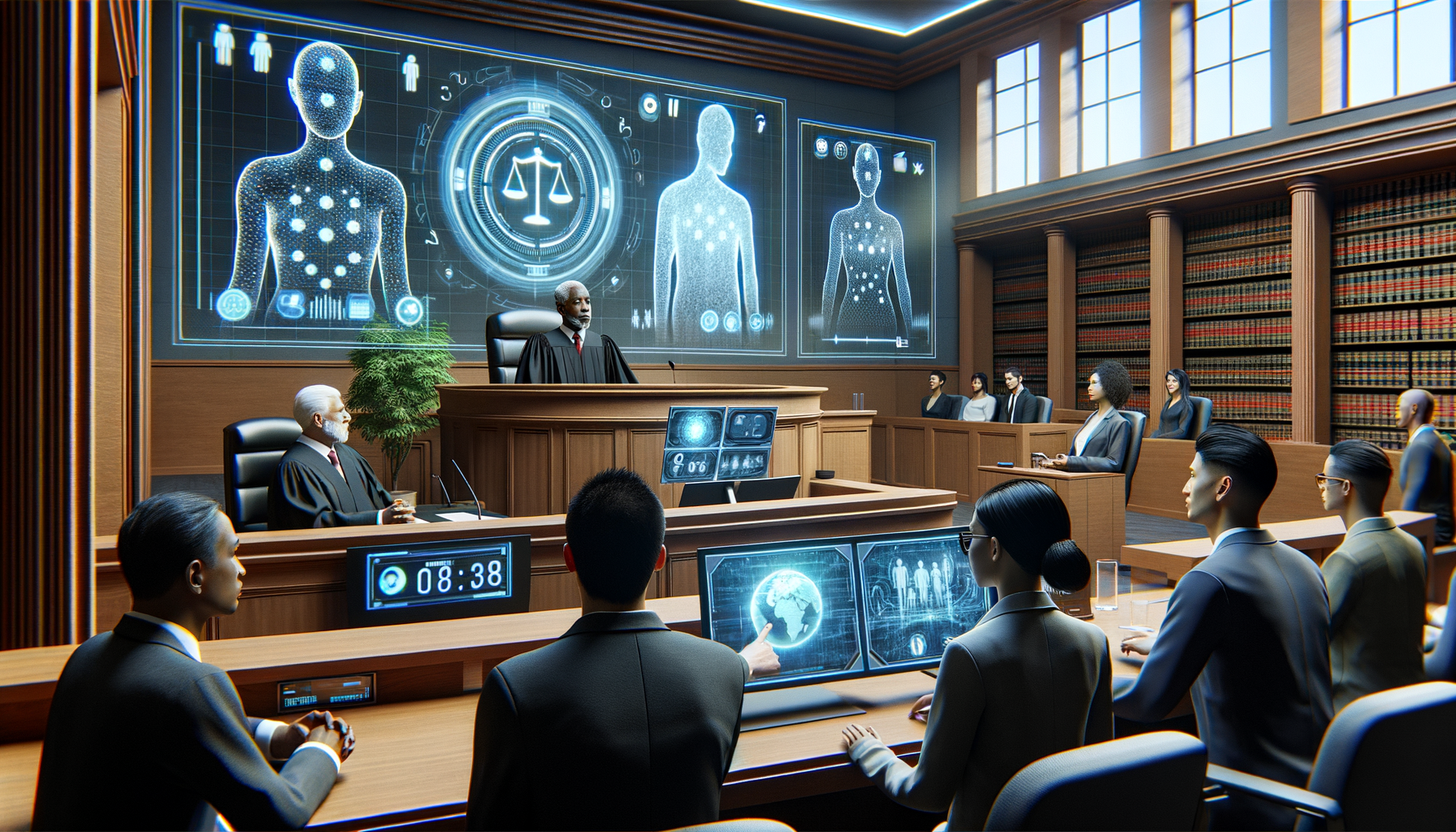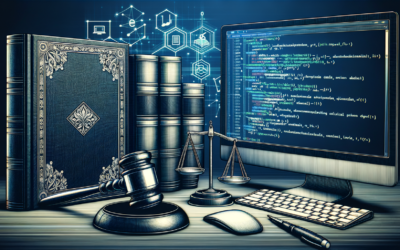Tribunal Numérique
Le monde juridique connaît une transformation profonde avec l’avènement du numérique. Le concept de tribunal numérique est au cœur de cette évolution, promettant de rendre la justice plus accessible et efficace à une époque où l’innovation technologique s’accélère. Cet article propose de découvrir les contours et les enjeux de cette révolution judiciaire.
Qu’est-ce que le Tribunal Numérique ?
Le tribunal numérique désigne un écosystème permettant la gestion et la résolution de litiges en ligne. Il utilise les technologies de l’information pour faciliter l’accès à la justice, rendant les procédures judiciaires plus souples et moins coûteuses. Ces plateformes innovantes s’inscrivent dans le cadre plus large de la justice prédictive et de l’optimisation de la gestion de projets juridiques.
Avantages du Tribunal Numérique
Les tribunaux numériques offrent de multiples avantages, tant pour les justiciables que pour les professionnels du droit. Ils permettent notamment une réduction significative des délais et des coûts, une meilleure traçabilité des dossiers, ainsi qu’une simplification des procédures. De plus, ces plateformes favorisent une plus grande transparence et peuvent apporter une contribution significative à la démocratisation de l’accès à la justice.
Diminution des Coûts et des Délais
Le numérique offre une résolution de litiges plus rapide grâce à l’automatisation des processus. Le concept de processus judiciaires automatisés prend ici tout son sens, en réduisant les charges administratives et en accélérant le traitement des affaires.
Accessibilité et Flexibilité
Les technologies telles que le cloud juridique et la signature électronique rendent les services juridiques accessibles à distance, à n’importe quel moment et sans besoin de se déplacer physiquement dans une enceinte de tribunal.
Intégration des Nouvelles Technologies
Le tribunal numérique s’appuie sur la intelligence artificielle, les contrats intelligents, le blockchain, et les outils de data mining juridique pour optimiser le traitement des affaires.
Inconvénients et Défis du Tribunal Numérique
Malgré ses avantages indéniables, le tribunal numérique n’est pas sans défis. La question de la sécurité des données, les réticences liées au changement, et la nécessité de formations adaptées sont autant d’obstacles à surmonter.
Cybersécurité et Confidentialité
La cybersécurité juridique est primordiale dans un contexte où les données sensibles transitent sur le net. Il est donc crucial de mettre en place des systèmes robustes pour protéger la confidentialité des informations.
Adaptabilité des Professionnels du Droit
L’évolution vers des tribunaux numériques exige des avocats, juges et juristes une familiarité avec les outils technologiques, souvent obtenue grâce à des formations spécifiques. La transition peut être complexe et nécessite des partenaires compétents dans le domaine du legal tech.
Questions fréquemment posées
Voici une liste de questions fréquemment posées pour Tribunal numérique.
Quelle est la différence entre un tribunal classique et un tribunal numérique ?
Un tribunal classique requiert la présence physique des parties impliquées, tandis qu’un tribunal numérique permet de mener la majorité des démarches et des audiences de manière dématérialisée, en ligne.
Est-ce que mon cas peut être traité par un tribunal numérique ?
Cela dépend de la nature de votre affaire et de la juridiction concernée. Certains litiges peuvent en effet être résolus entièrement en ligne, notamment à travers des plateformes de résolution en ligne des litiges.
Les décisions prises par un tribunal numérique ont-elles la même valeur juridique ?
Oui, les décisions rendues par un tribunal numérique sont juridiquement contraignantes, à condition que la plateforme soit reconnue et réglementée par le système judiciaire officiel.
Comment assurer la confidentialité des informations sur un tribunal numérique ?
Les tribunaux numériques mettent en place diverses mesures de sécurité, notamment le cryptage des données, pour protéger la confidentialité des informations échangées.
Les tribunaux numériques représentent un palier important vers la modernisation de la justice. Ils répondent à un besoin croissant d’efficacité et d’accessibilité dans un monde juridique en mutation. La collaboration entre les développeurs de technologie et les professionnels du droit est essentielle pour réaliser le plein potentiel de ces plateformes et assurer la protection des droits de tous les citoyens dans l’espace numérique.




